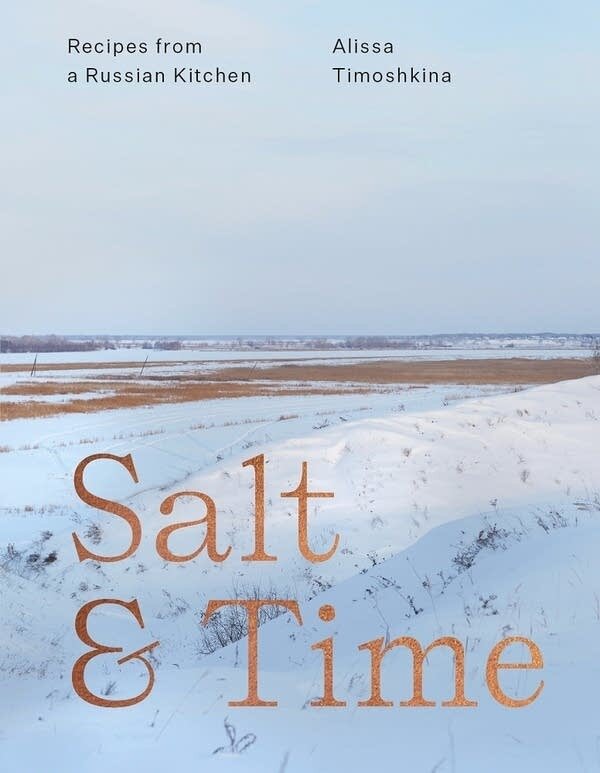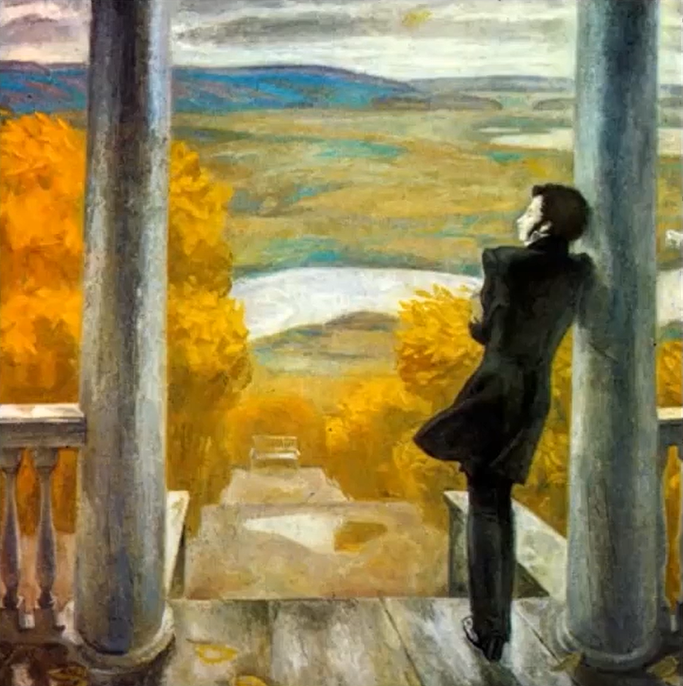
Zoom Event: A Short History of Russia with Mark Galeotti
Follow the link below to watch the recording of this event.
https://us02web.zoom.us/rec/share/MrABgSkBQaNz-gwNneABqmK-ClChsfrfYHx1GZN_1-GLv9vprVL4ajZW_foh-iOU.qMBKe6Hde8ecxheM
EVERYTHING YOU WANTED TO KNOW BUT NEVER HAD THE TIME TO FIND OUT, WITH THE ACCLAIMED AUTHOR OF THE VORY AND WE NEED TO TALK ABOUT PUTIN.
Russia’s history is rich and dense, fascinating and contested, frequently questioned and as often re-invented. A country with no natural borders, no single ethnicity, no true central identity. At the crossroads of Europe and Asia, it is everyone’s ‘other’. And yet it is one of the most powerful nations on earth, with a vibrant history of war and peace, poets and revolutionaries.
Please join us as Mark Galeotti, author of A Short History of Russia, offers up a whistle-stop tour of Russia’s evolution from Rurik’s arrival on the shores of Lake Ladoga in 862 (maybe) to Vladimir Putin’s latest reinvention of the country.
As someone who has been captivated by this country and its story his whole life, and who started visiting it when he was at school and studying it when it was still the Soviet Union, Mark Galeotti was equal parts delighted and intimidated when asked to write A Short History of Russia. How to compress such a country into two hundred short pages?
In the first of two talks for Pushkin House, Mark presents a rapid, entertainingly and, he warns, shockingly superficial canter through the evolution of one of the world’s most misunderstood nations, from its mythical foundations, through the times of princes, tsars and commissars, to the emergence of Vladimir Putin.
Dr Mark Galeotti is a mix of writer, scholar, teacher and consultant. He runs the consultancy Mayak Intelligence, is an Honorary Professor at UCL School of Slavonic & East European Studies, and is also a senior associate fellow at both the Royal United Services Institute and the Institute of International Relations Prague. He read history at Robinson College, Cambridge, and took his doctorate in politics at the LSE. Mark has been Head of History at Keele University, Professor of Global Affairs at New York University, a visiting professor at Rutgers-Newark (Newark), Charles University (Prague) and MGIMO (Moscow), and a senior research fellow at the Foreign & Commonwealth Office. A prolific author, his The Vory: Russia’s super mafia (Yale, 2018) was a runner-up for the 2019 Pushkin House Book Prize, and he has since written the widely-praised We Need To Talk About Putin (Ebury, 2019) and A Short History of Russia (HarperCollins USA 2020/Ebury, 2021).





